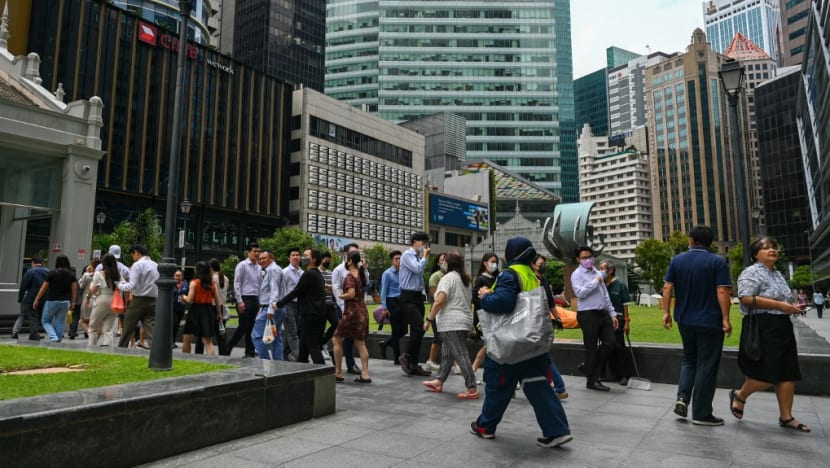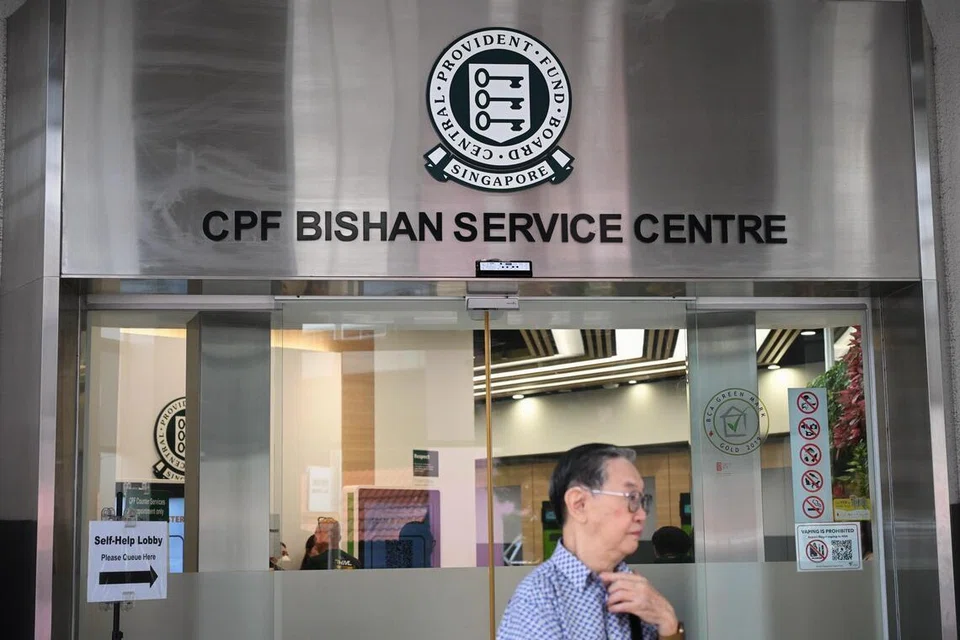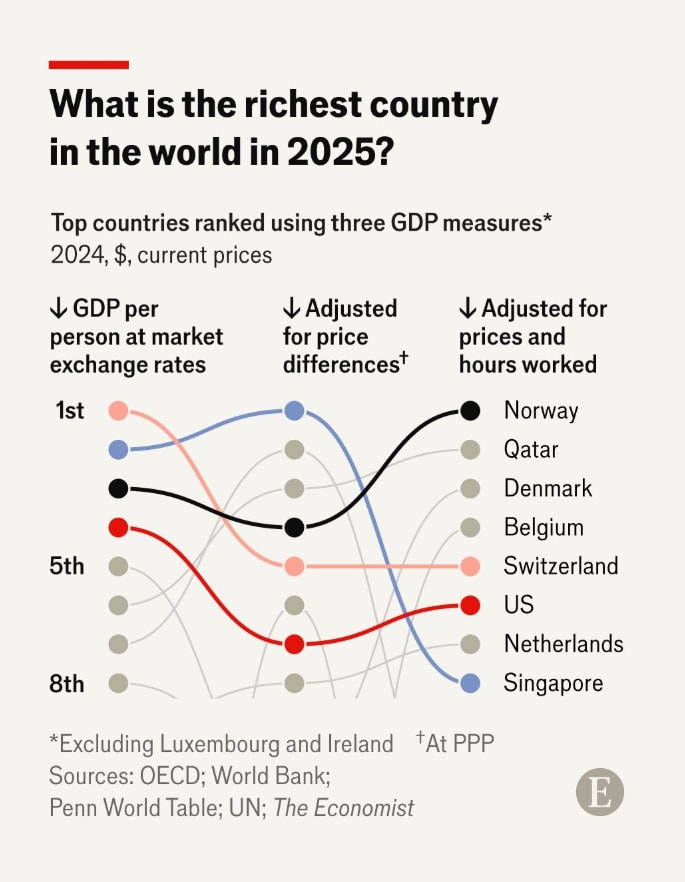Source:
ChatGPT:
The eye-catching advertisement featured the man dressed in a bright yellow suit and glasses, confidently pitching himself as “The Perfect Plus-One.” The post promised services such as punctuality, appropriate dressing, polite smiling, and the ability to “automatically shut down all repetitive questions” from curious aunties during reunion gatherings.
The rental service is priced at S$500 per hour and comes with humorous terms and conditions. These include surge pricing if more than three aunties are present, extra charges for pets or babies, and complimentary transport—excluding parking fees. While the poster cheekily notes that “romance is possible,” it stresses that the arrangement is “purely optics” with zero commitment involved. The man also marketed the offer as a “2-in-1 promo” for both Valentine’s Day and CNY.
The individual behind the post is 52-year-old hawker Dominic Neo, who told MS News this is the second time he has offered such a service. He said the idea came from observing that many single women still struggle to find suitable partners.
Although no CNY bookings have been confirmed so far, Mr Neo has received several enquiries. He explained that the S$500 hourly rate reflects his humorous personality and added that prices are negotiable, even offering a promotional rate covering both Valentine’s Day and CNY.
Comments:
Ho Seh Bo Uncle Neo 😂


















.jpg)